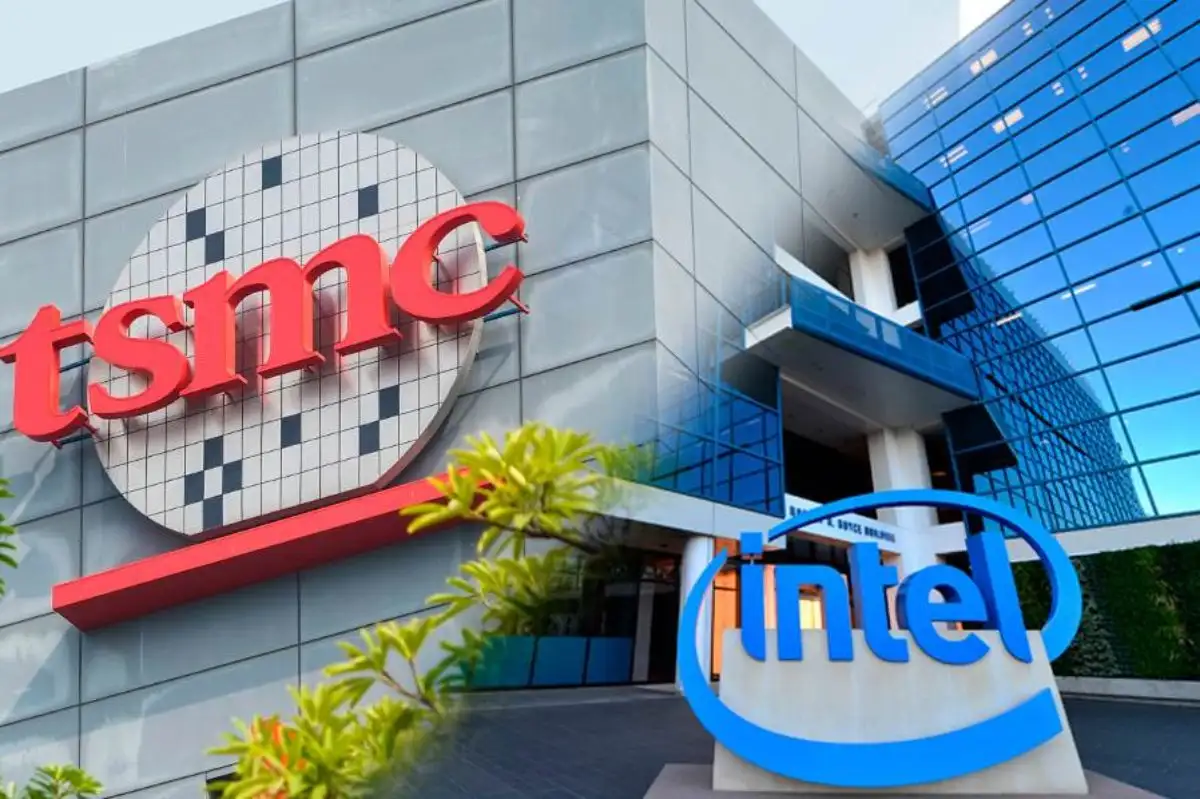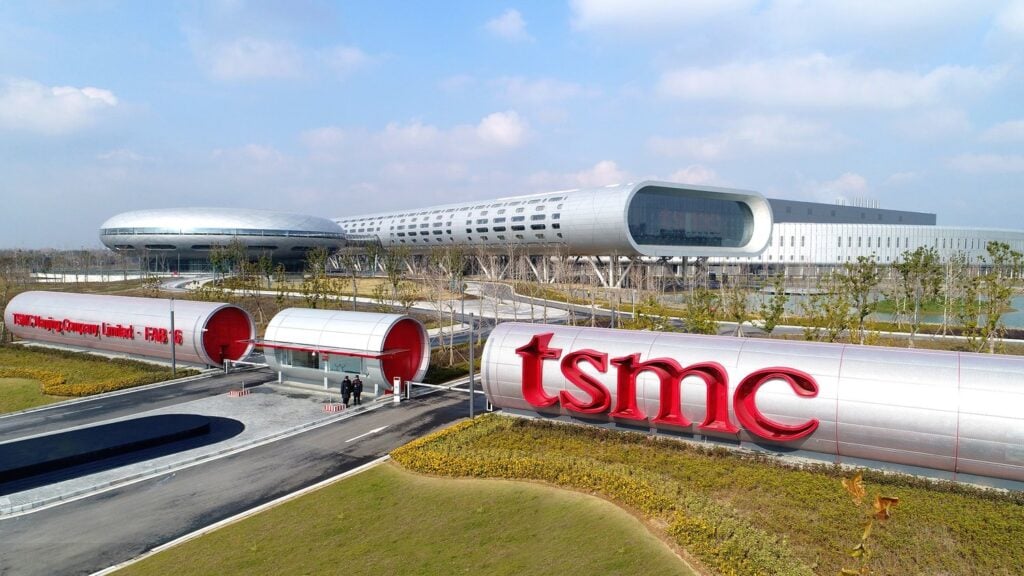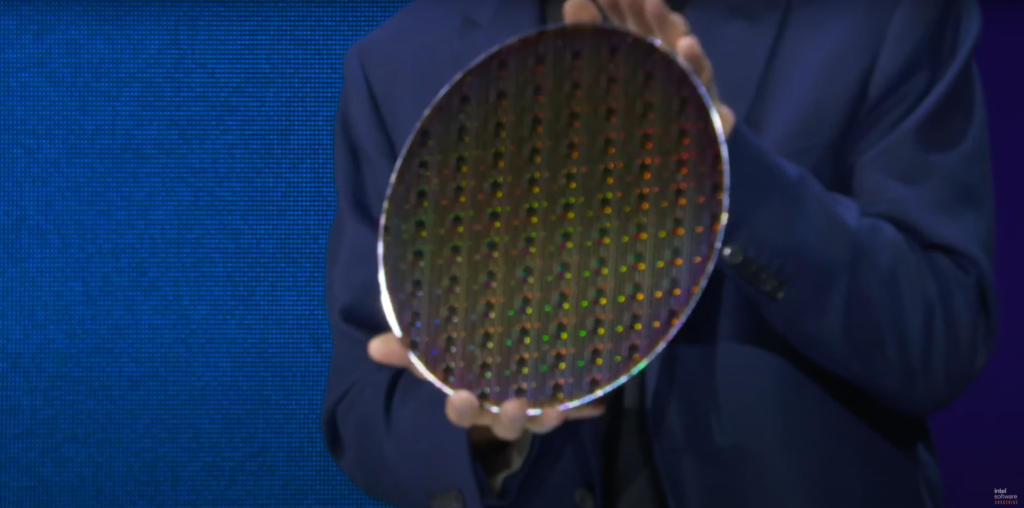Intel and TSMC Set to Receive “Billions” of Dollars from the US Government

Intel, TSMC, and other chipmakers are expected to get “billions of dollars” in financing from the Biden administration to speed up the establishment of in-house facilities. Companies are being encouraged to relocate their operations to the United States as part of a new round of government subsidies that will provide increased funding for the construction of new facilities.
According to a Wall Street Journal report, the CHIPS Act members will supposedly benefit from the advantages of the new funding. This group includes companies like Intel and TSMC, who relocated their operations to the United States to support the government’s “in-house” production narrative and avoid growing tensions with countries like China. While the exact sum is yet unknown, rumour has it that the additional funding will be awarded in the billions.

In case you didn’t know, the CHIPS Act is an incentive programme run by the US government that aims specifically at luring semiconductor companies to set up operations in the United States. Domestic semiconductor research, design, and manufacturing provisions are eligible for tax savings and investments of $280 billion, with $52 billion in government funds. By giving the companies the financial means to start the change, the end goal was to lessen America’s dependency on countries like China and Taiwan.
This is a merit-based process with tough commercial negotiations — CHIPS awards will be entirely dependent upon which projects will advance US economic and national security.
– U.S. Department of Commerce via Reuters
Intel and Taiwan Semiconductor Manufacturing Co. (TSMC) are predicted to be the principal beneficiaries of the new funding. Intel is presently establishing massive facilities in Arizona, Ohio, New Mexico, and Oregon. Building “costly” facilities has been assigned by both of those companies, and their combined budgets are more than $80 billion.

Though the CHIPS Act received substantial financial support, some were sceptical of its ideas. Intel, in particular, voiced its opinion that it should receive a higher share of the funds because it is “more committed” to the programme than any other recipient.
In terms of attracting chipmakers, the CHIPS Act has succeeded, but the process itself is under scrutiny due to the many problems that participating enterprises are experiencing, such as an inadequate workforce and more. Economic resources aren’t everything to make the ‘US shift‘ genuinely effective; the recent disclosure that TSMC’s 3nm facility in Arizona has been delayed until 2027 demonstrates this.





